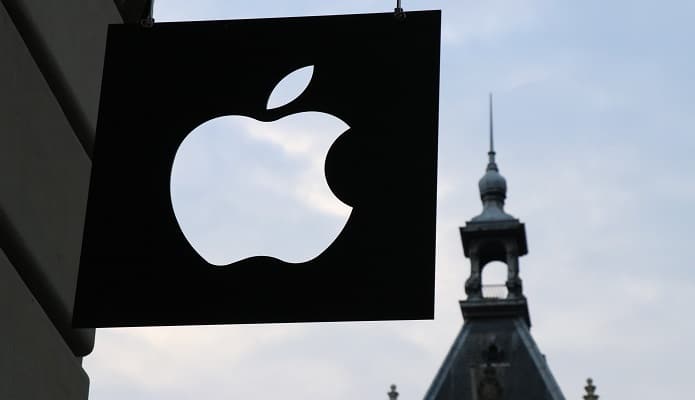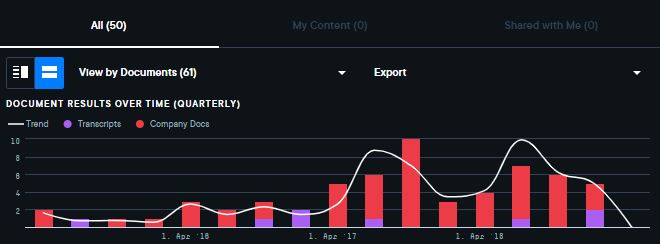Earnings announcements can be a goldmine for tracking disruption and company movement. But sometimes you need to read between the lines to find the real story
Even though Earnings announcements are carefully structured, nuanced language or unrehearsed remarks can contain valuable nuggets of information. When identified early, these shifts in language can be cross-referenced with historical data or tracked over time to reveal, and potentially anticipate, shifts in company strategy.
Earnings Transcripts: Spotting potential disruption before it happens
In March 2019, Apple announced that it would be entering the original content arena, further extending its reach into the entertainment industry, and posing new potential challenges for incumbent and rising streaming service competitors, like Netflix, Hulu, Amazon, and Disney+.
We can see here CEO Tim Cook hinted at early original video content plans in their Q1 2019 Earnings call, ahead of Apple’s official announcement:
But by tapping into AlphaSense data, you can see that conversations about original video content actually started years ago.
We tracked mentions of streaming video or original content across Apple’s Event Transcripts and found that Cook hinted at original content plans for television during a Q4 Earnings call in 2016. (AlphaSense users can log in to view the search here)
The comment itself is innocuous, and buried deep within an Earnings transcript. But if you’re tracking potential disruption, it’s important to note. Now you know that television is something Cook has “intense interest” in, and something Apple’s “focusing on,” which signals that there could be more to come. If you had caught this in 2016, think of how this foresight could have potentially impacted your investment or corporate strategy over time.
If you’re following this trend, this is a type of search you could save as an alert, so you would be notified every time the issue was mentioned across Apple company documents.
Want to improve your Earnings analysis to find actionable insights, faster? Download our guide for a complete breakdown of data-driven research strategies.







